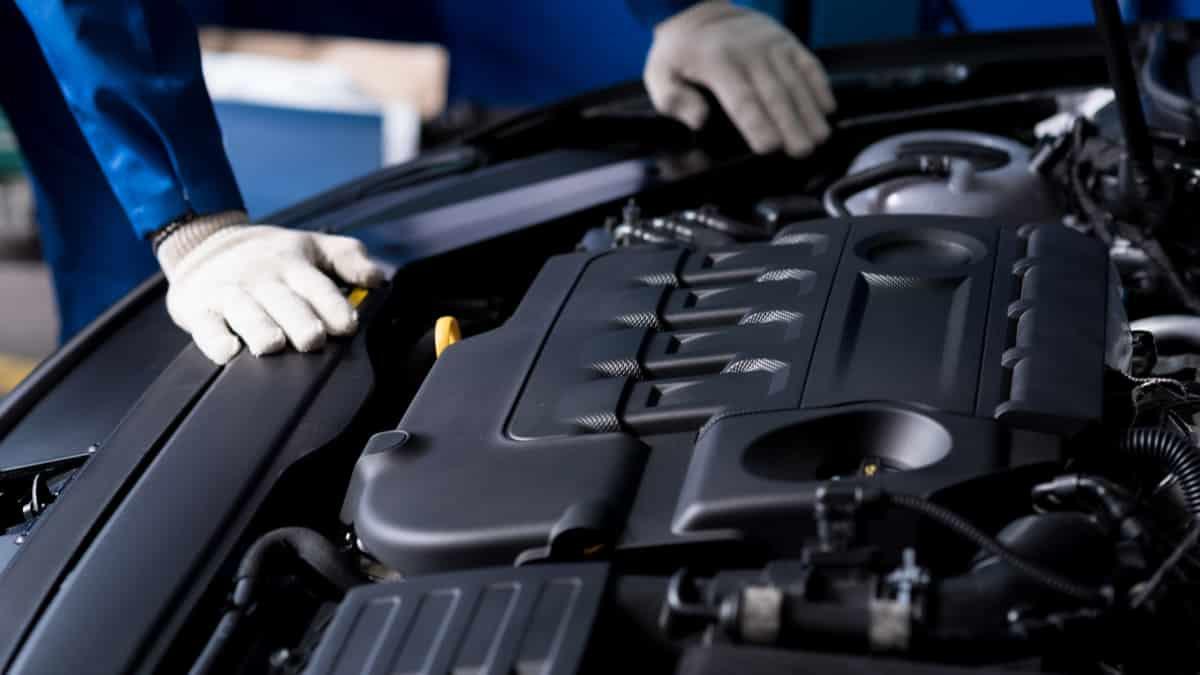BMW Car Repair: Common Issues and How to Keep Your BMW Running Smoothly

Owning a BMW is a symbol of luxury and performance, but like any vehicle, it requires regular maintenance and occasional repairs to keep it in top condition. BMWs are high-tech machines with sophisticated systems, and if not properly cared for, common issues can arise that affect the car's performance, safety, and overall driving experience. Understanding some of the most common BMW car repair can help you take preventive steps, avoid expensive repairs, and ensure that your BMW remains a joy to drive for years to come. This article covers the typical issues BMW owners face and offers tips on keeping your vehicle in excellent working order.
1. Common BMW Car Repair Issues
Although BMWs are renowned for their quality and reliability, certain issues can emerge over time due to wear and tear or technical malfunctions. These issues are often model-specific, but there are some common problems that most BMW owners will face at some point.
Engine Problems
A well-maintained BMW engine should run smoothly for hundreds of thousands of miles, but even the best engines can face issues. Common engine-related problems include:
-
Oil leaks: BMW engines are known for oil leaks, particularly around the valve covers and oil filter housing. These leaks can lead to lower oil levels, which can cause engine damage if not addressed.
-
Cooling system failures: Overheating is a major concern, especially in older BMW models, due to radiator and water pump failures.
Electrical Issues
BMWs are packed with advanced electronics that control everything from entertainment systems to engine functions. Common electrical issues include:
-
Faulty sensors: The sensors that monitor engine performance, such as oxygen sensors and mass airflow sensors, can wear out over time, causing engine performance issues and triggering warning lights.
-
Battery and alternator problems: A weak or dying battery can lead to starting problems, while issues with the alternator can prevent the battery from charging properly.
2. Preventing BMW Car Repairs Through Routine Maintenance
While repairs are sometimes unavoidable, regular maintenance is the best way to prevent costly issues and extend the life of your BMW. Routine maintenance checks can catch small problems before they turn into major repair needs.
Oil Changes and Filter Replacements
Regular oil changes are essential for keeping your engine running smoothly. BMW recommends oil changes every 10,000 to 15,000 miles, depending on the model. During the oil change, the mechanic will also replace the oil filter, ensuring that your engine is protected from contaminants.
Brake Checks
BMWs are equipped with advanced braking systems that require regular inspection. Over time, brake pads wear down, and the brake fluid may need to be replaced. Regular brake checks help maintain braking performance and safety.
3. Transmission and Drivetrain Issues
The transmission and drivetrain are some of the most complex components in any vehicle, and BMWs are no exception. These components are critical for smooth acceleration and shifting. Some common issues include:
Transmission Slippage
Transmission slippage, where the car unexpectedly changes gears or has trouble staying in gear, is a common issue, particularly in older models. This can be caused by low transmission fluid or more serious internal problems.
Drivetrain Problems
Problems with the drivetrain, such as worn-out drive shafts or faulty differentials, can lead to unusual noises and vibrations while driving. If left unaddressed, these issues can cause further damage to the transmission and other parts.
4. Suspension and Steering Issues
BMW vehicles are known for their handling and performance, which rely heavily on a well-maintained suspension and steering system. Over time, components like shock absorbers and ball joints can wear out, leading to:
Unusual Noises
If you hear squeaking or clunking noises when driving over bumps, it may be a sign that your suspension needs attention. Worn shock absorbers or struts can affect ride comfort and handling.
Steering Problems
Steering issues, such as difficulty turning the wheel or vibrations, may indicate problems with the power steering system or suspension components.
5. Timing Belt and Chain Issues
A timing belt or timing chain ensures that the engine’s valves open and close in sync with the pistons. If this system fails, it can lead to severe engine damage. While many newer BMWs use a timing chain that doesn’t need to be replaced, older models with timing belts may require attention.
Warning Signs of Timing Issues
If you notice a ticking noise from the engine, rough idling, or difficulty starting the engine, it may indicate a problem with the timing system. Replacing the timing belt or chain before it fails is essential to prevent expensive engine damage.
Conclusion
Regular repairs and maintenance are essential to keeping your BMW in excellent condition. From engine problems to electrical issues, a variety of issues may arise, but with the proper care, many of these can be prevented or addressed early. Be proactive in scheduling routine maintenance and repairs to ensure that your BMW car continues to provide a smooth and enjoyable driving experience. When you do face issues, always work with a qualified technician who understands the intricacies of BMW vehicles to get the best care possible.
- Art
- Causes
- Crafts
- Dance
- Drinks
- Film
- Fitness
- Food
- Giochi
- Gardening
- Health
- Home
- Literature
- Music
- Networking
- Altre informazioni
- Party
- Religion
- Shopping
- Sports
- Theater
- Wellness


